Linguistics  automatic translate
automatic translate
Лингвистика — наука о языке, его структуре, функционировании и развитии. Она изучает все аспекты языковой системы: от мельчайших звуков до сложных текстов, от отдельных слов до законов построения речи. Лингвисты анализируют, как люди создают и воспринимают языковые знаки, как формируется значение и как языки изменяются во времени.
Основные разделы дисциплины Фонетика исследует звуки речи и их произношение. Лексикология занимается словарным составом языка и значениями слов. Морфология изучает части речи и формы слов, а синтаксис — построение словосочетаний и предложений. Семантика анализирует смысловую сторону языковых единиц.
Грамматика объединяет правила комбинирования языковых элементов. Помимо теоретических разделов, существует прикладная лингвистика, которая решает практические задачи: от создания словарей до разработки систем автоматической обработки текстов. Все эти направления вместе формируют целостное представление о языке как о сложной системе человеческой коммуникации.
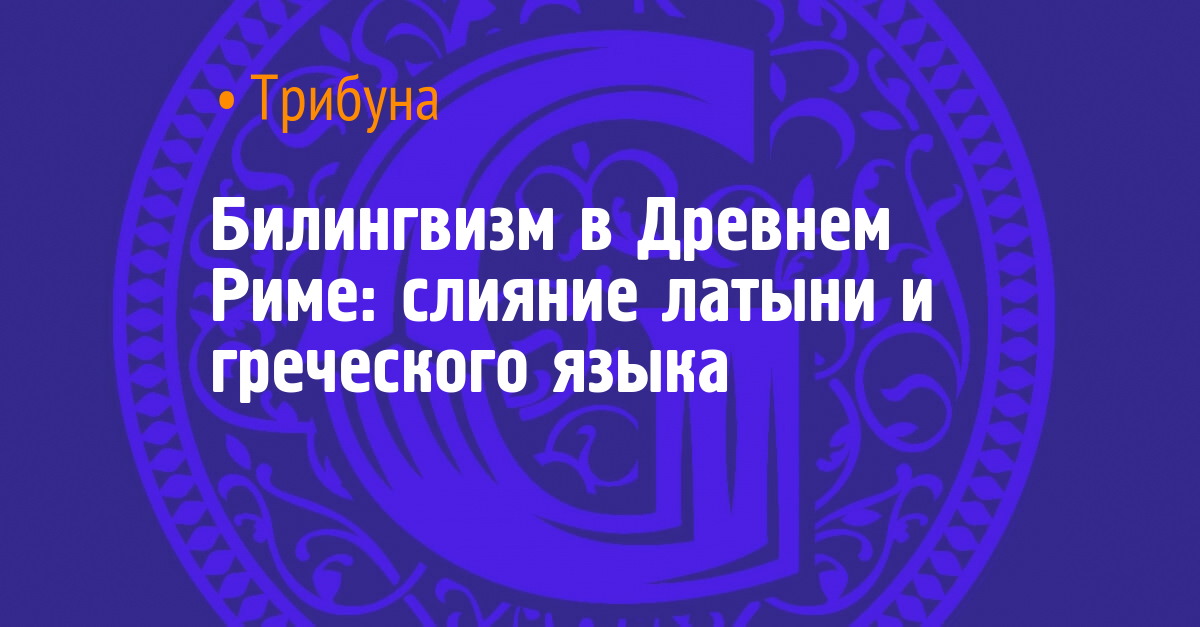
Bilingualism in Ancient Rome: The Fusion of Latin and Greek
The Roman Empire was a unique multilingual state, where bilingualism became a necessary characteristic of cultural and social life. The phenomenon of simultaneous knowledge of Latin and Greek permeated all levels of Roman society, from aristocratic families to slaves and freedmen.

The British Colonial Linguistic Trace in African Languages: A Lasting Echo of Empire
When we think about the legacy of the British Empire, images of grand colonial buildings, vast empires stretching across the world, and the spread of a language we now call “global” often come to mind.
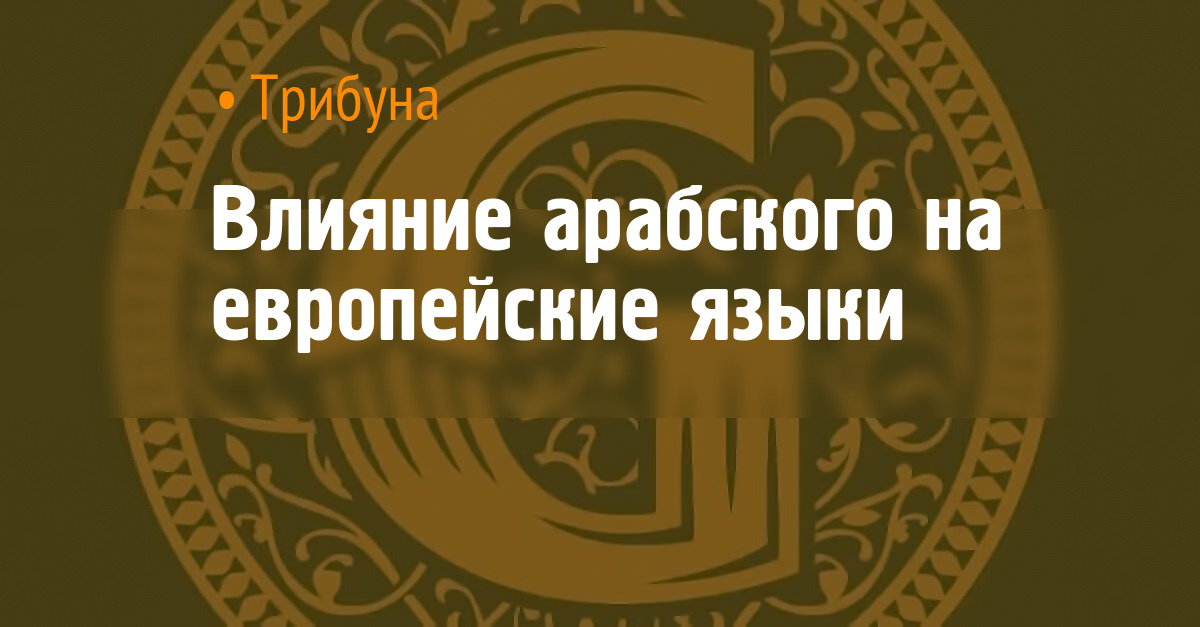
The influence of Arabic on European languages
For over a thousand years, Arabic interacted with the languages of Europe through conquest, trade, religion, and scientific contactsThe greatest influence is felt in vocabulary—primarily in the Romance languages of the Iberian and Italian peninsulas, but there are also noticeable traces in English, French, German, Russian, and other European languages.
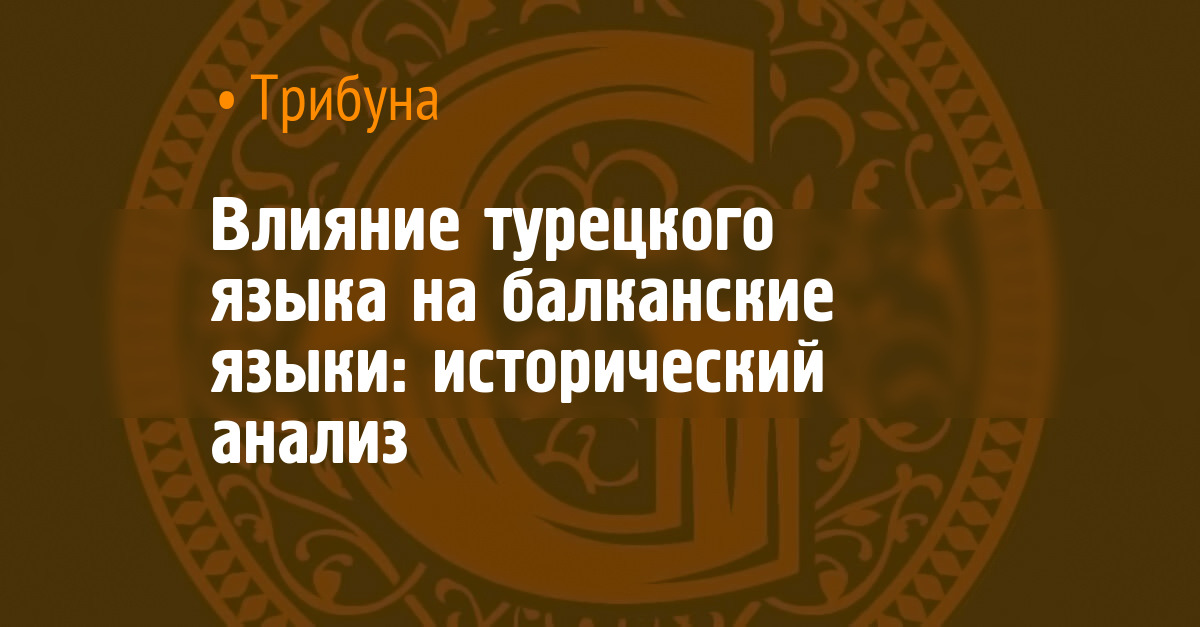
The Influence of Turkish on Balkan Languages: A Historical Analysis
The influence of Turkish on the languages of the Balkan Peninsula is one of the most extensive examples of linguistic interference in European history, shaping a unique lexical layer and affecting the grammatical structures of the Balkan languages.
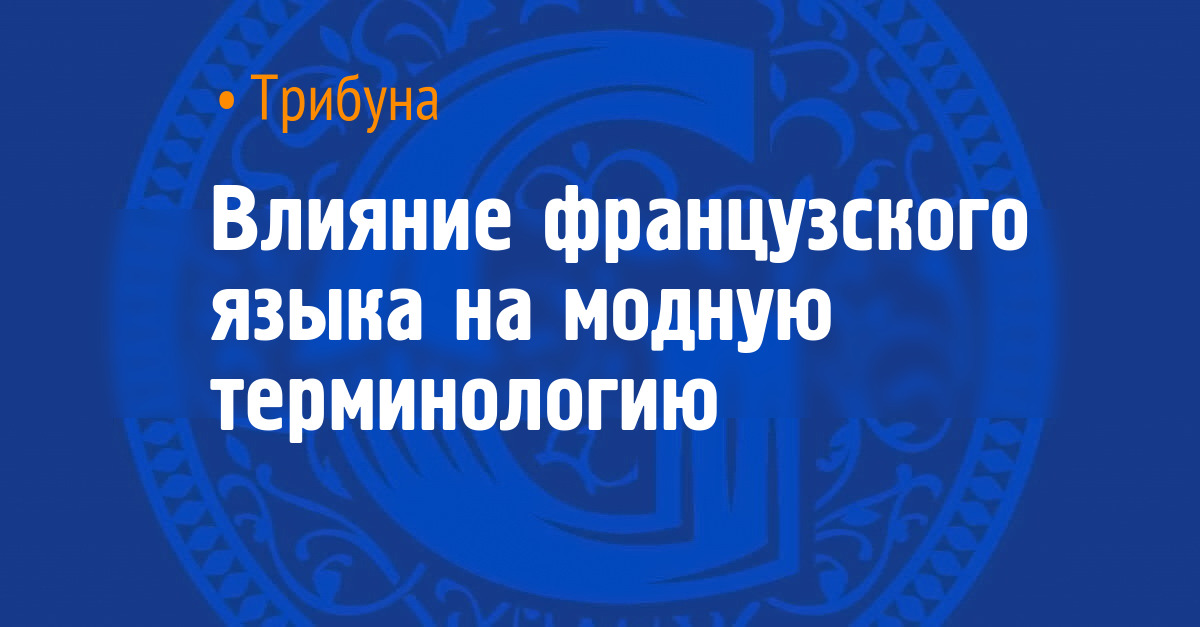
The influence of the French language on fashion terminology
The French language is more closely linked to fashion than any other European languageFrench words are already prominent in the basic fashion vocabulary of various countries: "couture," "chic," "boutique," "prêt-à-porter," "décolleté," and "silhouette" are used in English, Spanish, Russian, Italian, and many other languages without translation.
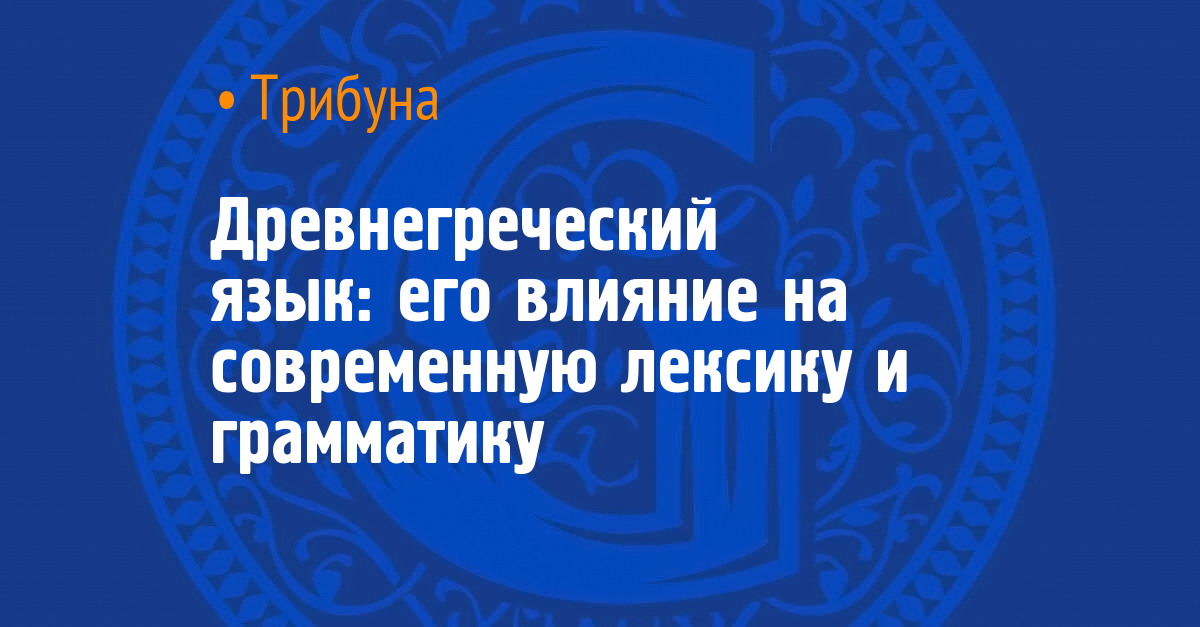
Ancient Greek: Its Influence on Modern Vocabulary and Grammar
Ancient Greek is one of the oldest written languages of the Indo-European family, which has had a tremendous influence on the development of world culture, science and philosophyIt is the language of Homer and Aristotle, the language of the Iliad and Odyssey, the language of the first scientific treatises and philosophical dialogues, the language of the New Testament.
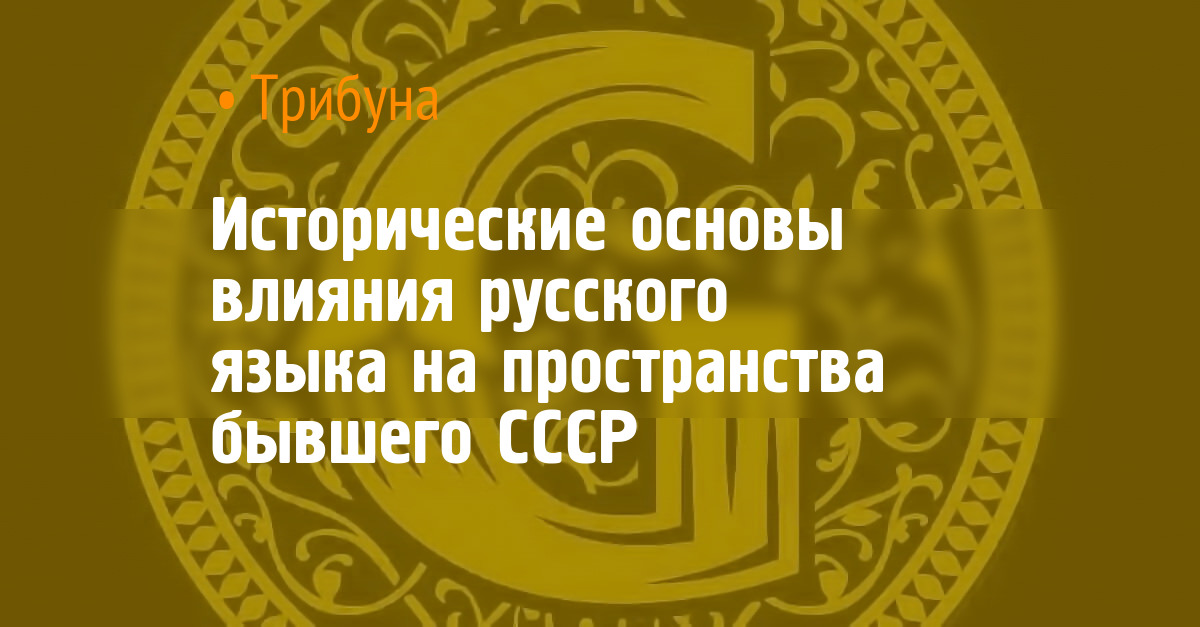
Historical foundations of the influence of the Russian language on the former USSR
The historical impact of the Russian language on neighboring peoples began during the Russian EmpireThe administration, army, courts, and higher education gradually shifted to Russian, strengthening its status as the language of power and vertical communication.
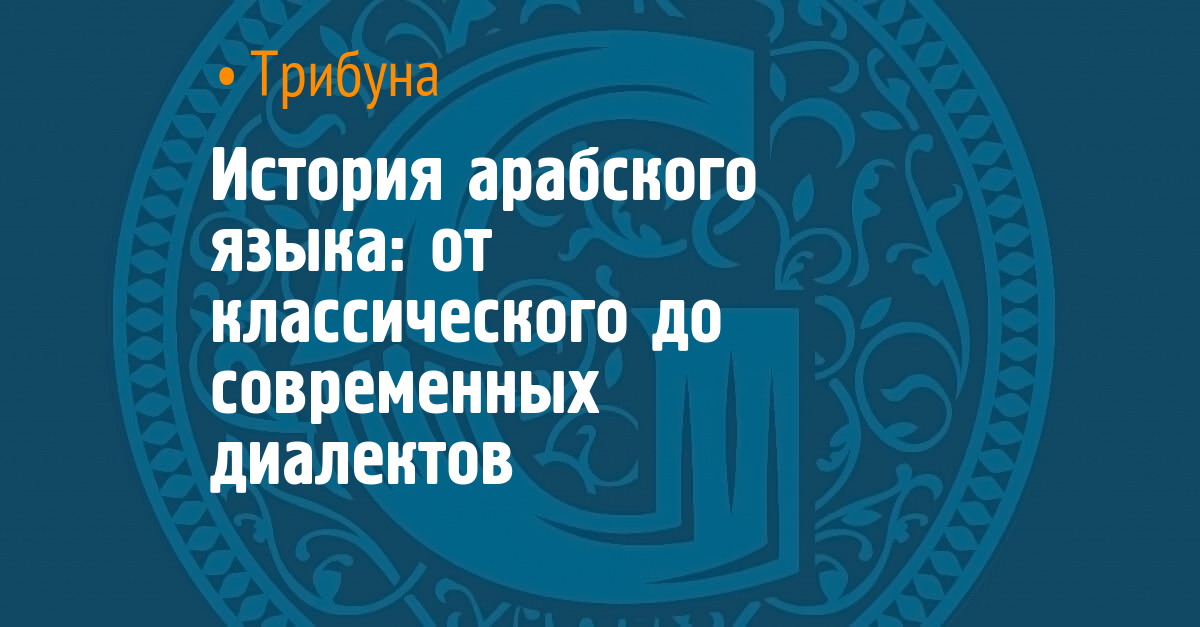
History of the Arabic language: from classical to modern dialects
Arabic, one of the most widely spoken Semitic languages, has undergone a long evolutionary process spanning over fifteen hundred years.
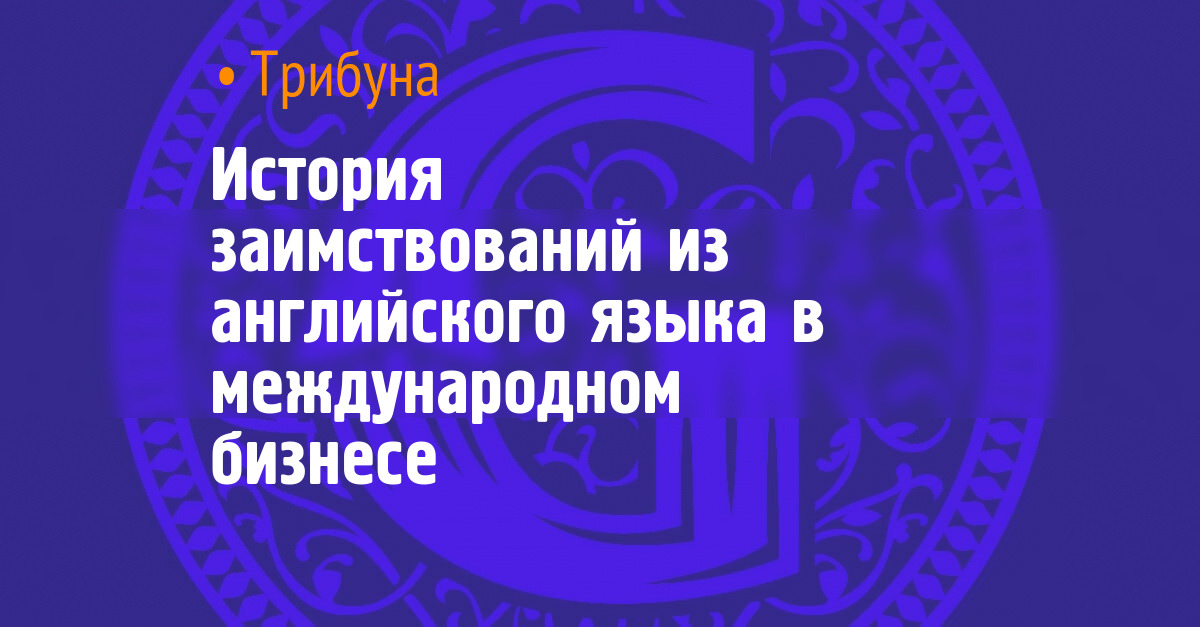
History of English borrowings in international business
English words that sound the same in offices in Tokyo, Berlin, or São Paulo have become a common part of business parlanceBorrowed words are found in contracts, corporate standards, marketing campaigns, and correspondence. Linguists call such elements "Anglicisms" and view them as a response of languages to the economic influence of English-speaking countries and global business integration.

The history of the creation and development of Creole languages in the Caribbean
The Creole languages of the Caribbean are linked by the region’s colonial experience, the slave trade, and the long-term contact between European, African, and indigenous languagesIn most cases, their vocabulary is based on one of the European languages—French, English, Portuguese, Spanish, or Dutch—while their grammatical structures differ significantly from metropolitan norms.
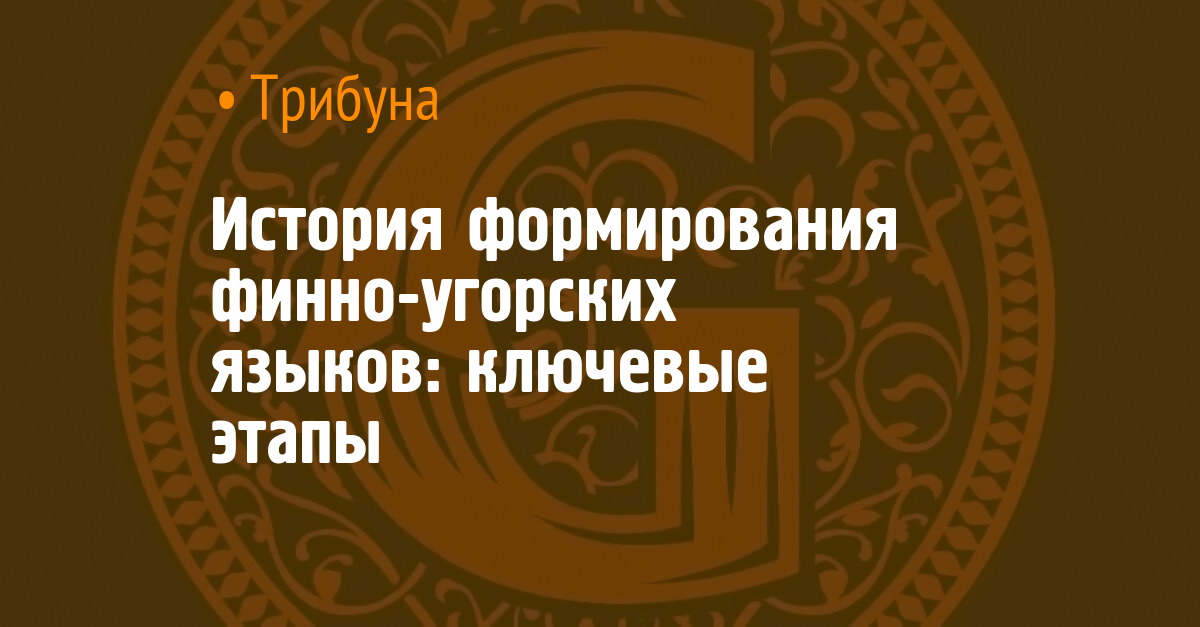
The history of the formation of the Finno-Ugric languages: key stages
The Finno-Ugric languages are a large group of related languages that belong to the Uralic language family and are widespread in Northern EurasiaThese languages are characterized by a number of common features in grammar, phonetics, and vocabulary, which indicates their origin from a common ancestor - the Proto-Finno-Ugric language.
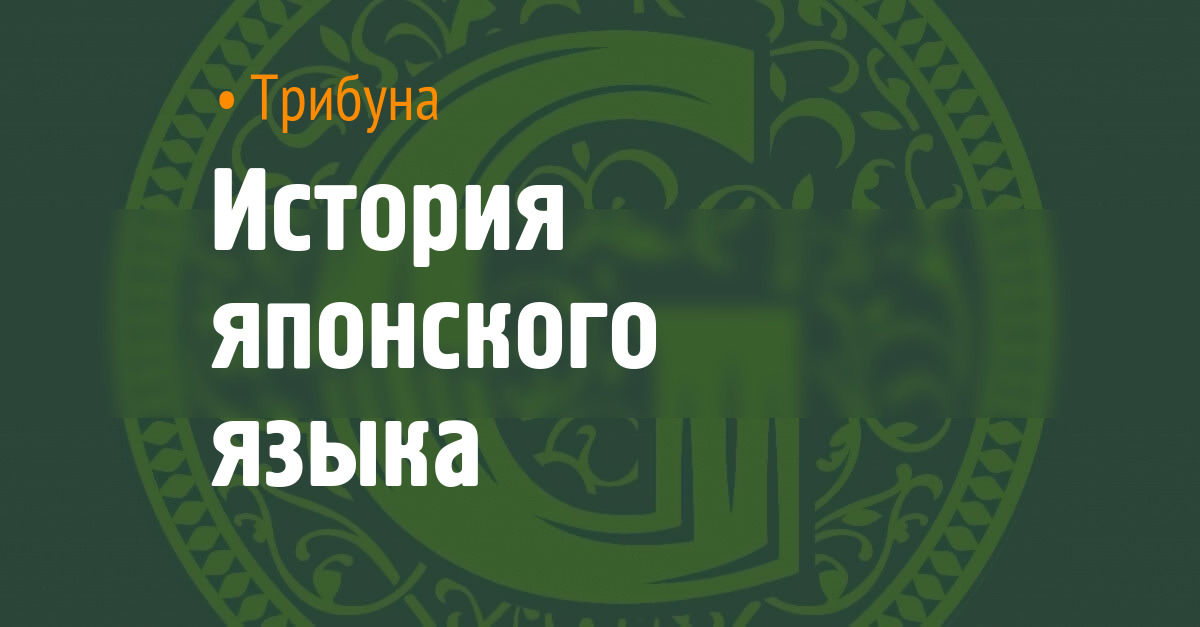
History of the Japanese language
The Japanese language is a unique language system with a rich history of development spanning several millennia. During this time, the language has undergone a significant evolutionary path, changing under the influence of internal processes and external contacts.
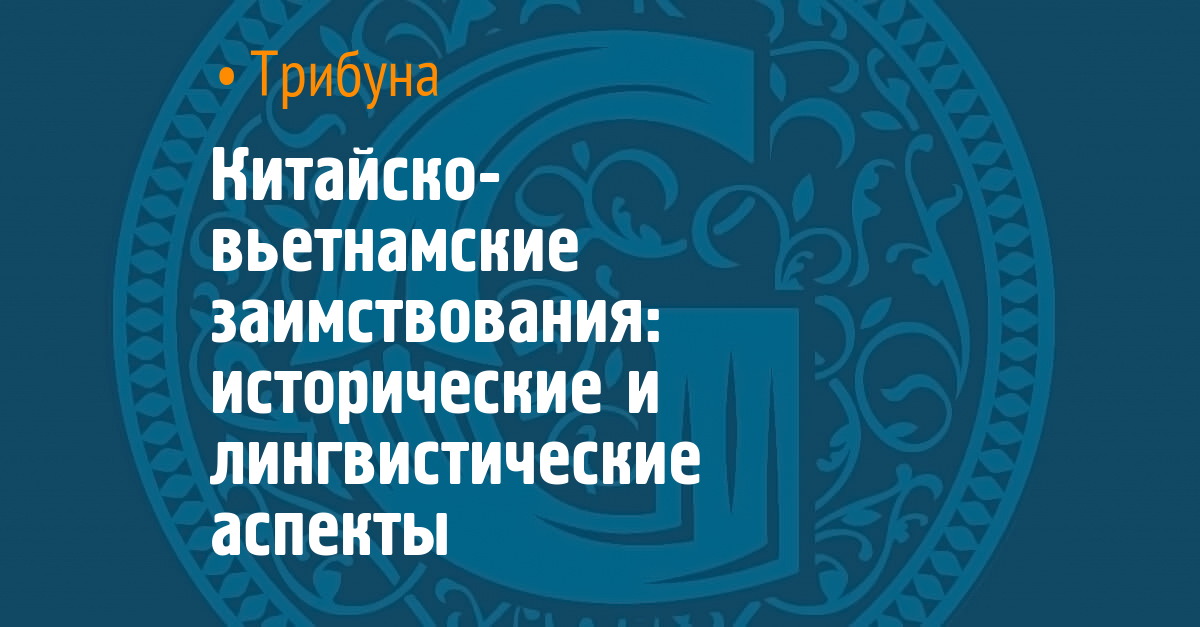
Sino-Vietnamese borrowings: historical and linguistic aspects
Sino-Vietnamese loanwords are one of the most significant examples of language contact in the history of Southeast Asia. These lexical items make up about a third of the modern Vietnamese vocabulary and may reach 60% of technical vocabulary.
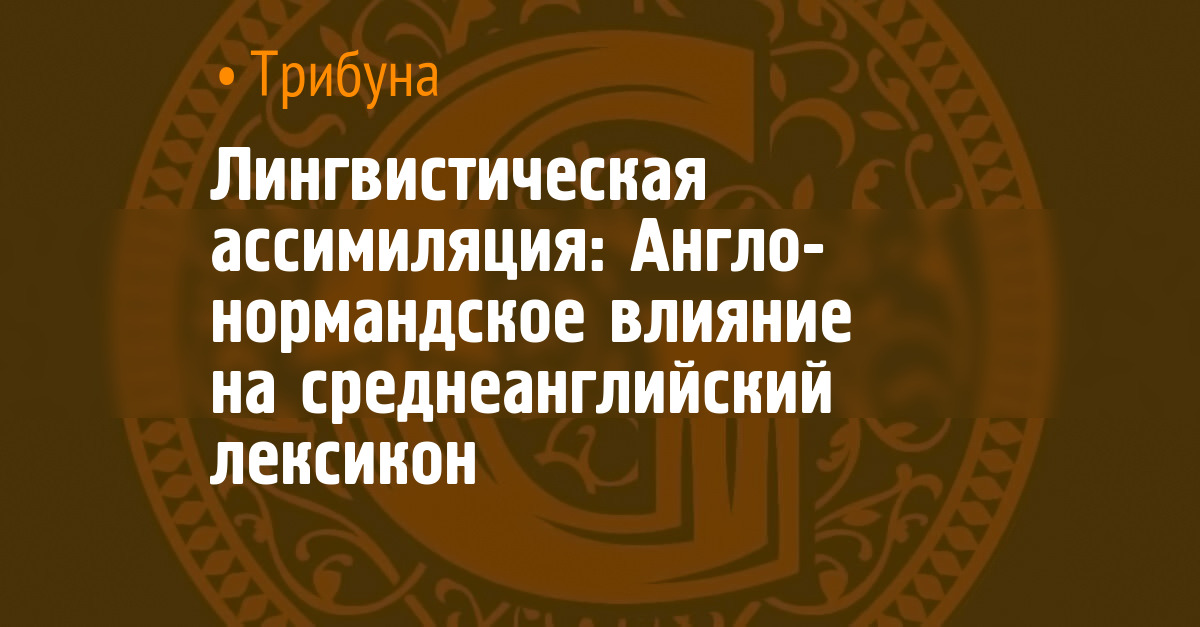
Linguistic assimilation: Anglo-Norman influence on the Middle English lexicon
The Norman Conquest of 1066 catalyzed the most sweeping transformation in the history of the English language, radically altering its vocabulary and grammatical structureThe period following the Battle of Hastings is characterized by a unique sociolinguistic situation, in which the Germanic base of Old English was subjected to the intense influence of a Romance superstrate.
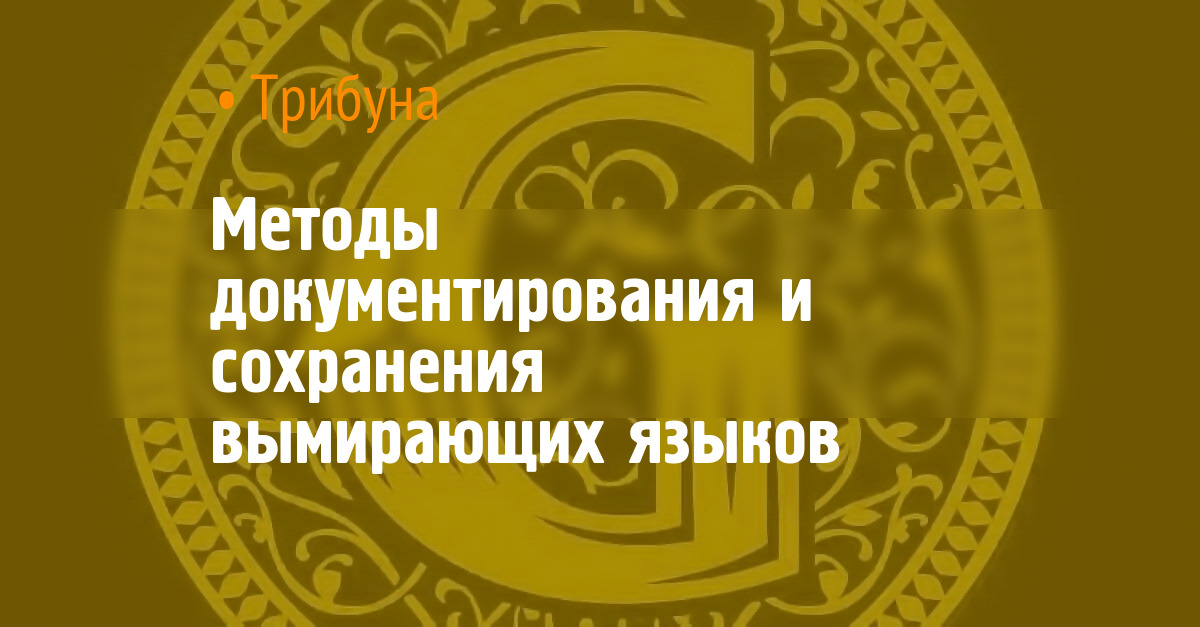
Methods for documenting and preserving endangered languages
Endangerment is generally defined as a situation where children and young adults no longer use their ancestral language in everyday life. While the language itself may still be spoken within the family, at religious or ceremonial events, it is not passed on as a first language to the next generation.

Pidgin English: Origins and Modern Use
In linguistics, the term "Pidgin English" refers to a group of contact languages whose vocabulary is primarily derived from English, while their grammar relies on a blend of English and local linguistic patternsThese are simplified communication codes that arise when groups without a common native language come into contact: in trade, on plantations, in port cities, in mines, and in colonial administrations.
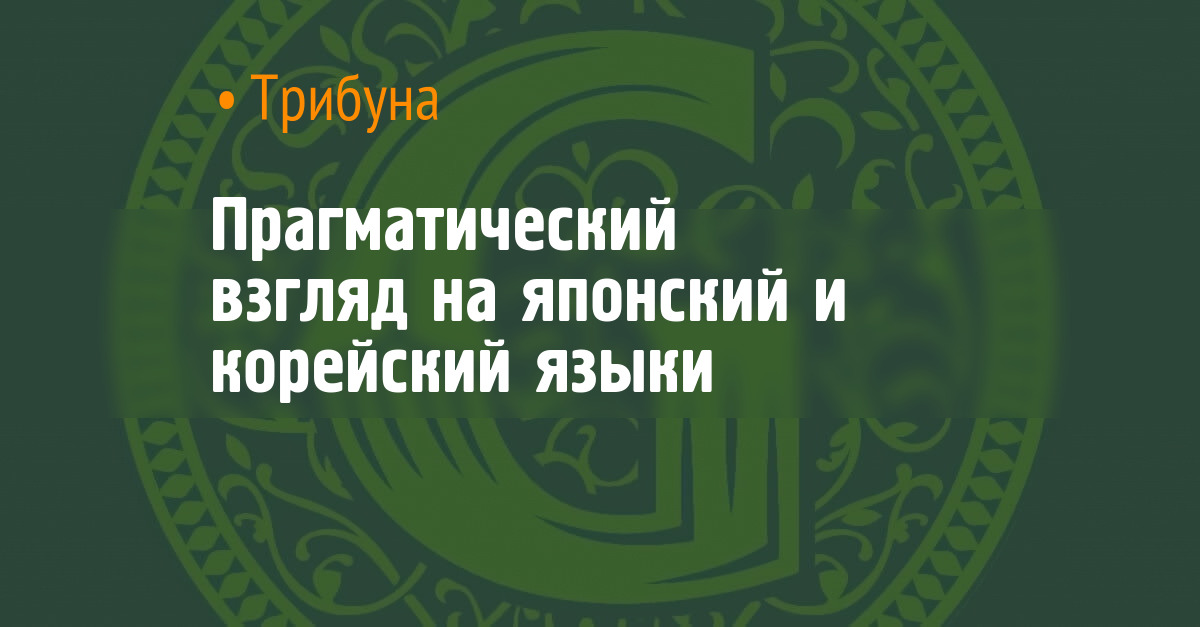
A Pragmatic View of Japanese and Korean
Pragmatics studies how speakers use linguistic features in specific situations, not just their formal meaningThis is particularly evident in Japanese and Korean: the choice of endings, particles, vocabulary, and even vocal acoustics constantly signal the relationship between the participants in a conversation, the appropriateness of the utterance, and the degree of engagement of the interlocutors.
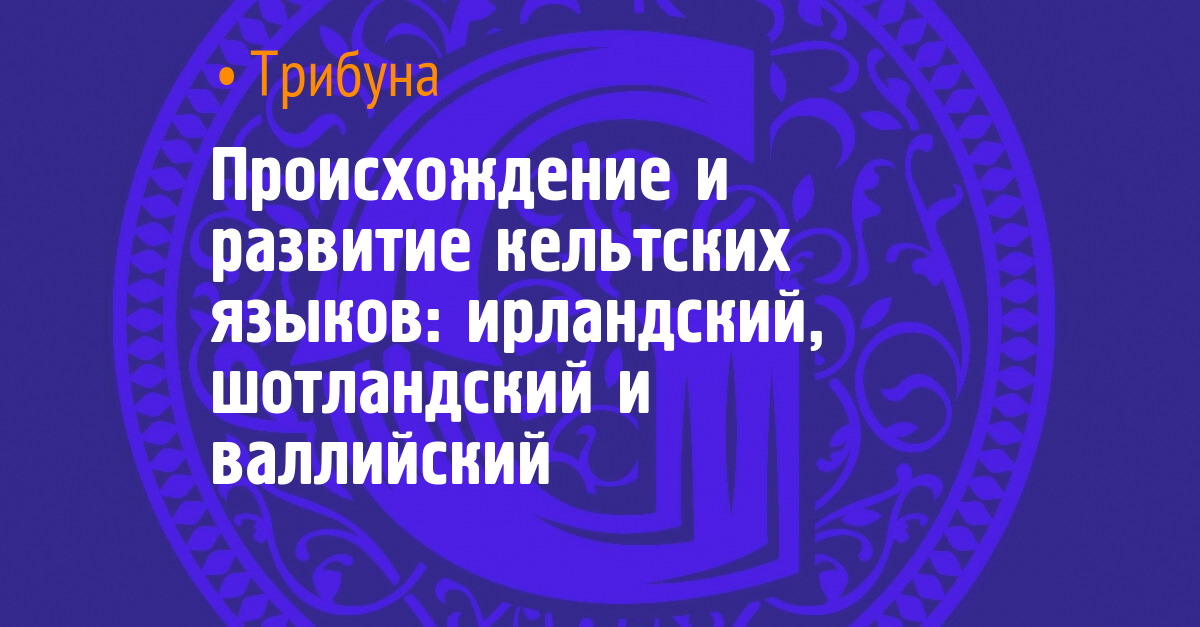
The Origin and Development of the Celtic Languages: Irish, Scots and Welsh
Celtic languages are one of the branches of the Indo-European language family. These languages appeared in Europe in ancient times, when Celtic tribes occupied vast territories from the Atlantic to the Carpathians.

Origin of the Indo-European Language Family: Myths and Facts
The Indo-European language family is vast—stretching from the foggy highlands of Scotland to the sunbaked plains of India, from the rolling hills of Iran to the bustling streets of New YorkBut where exactly did it all start? You’ve probably heard the term tossed around in conversations about linguistics or history, but it’s likely still shrouded in mystery.
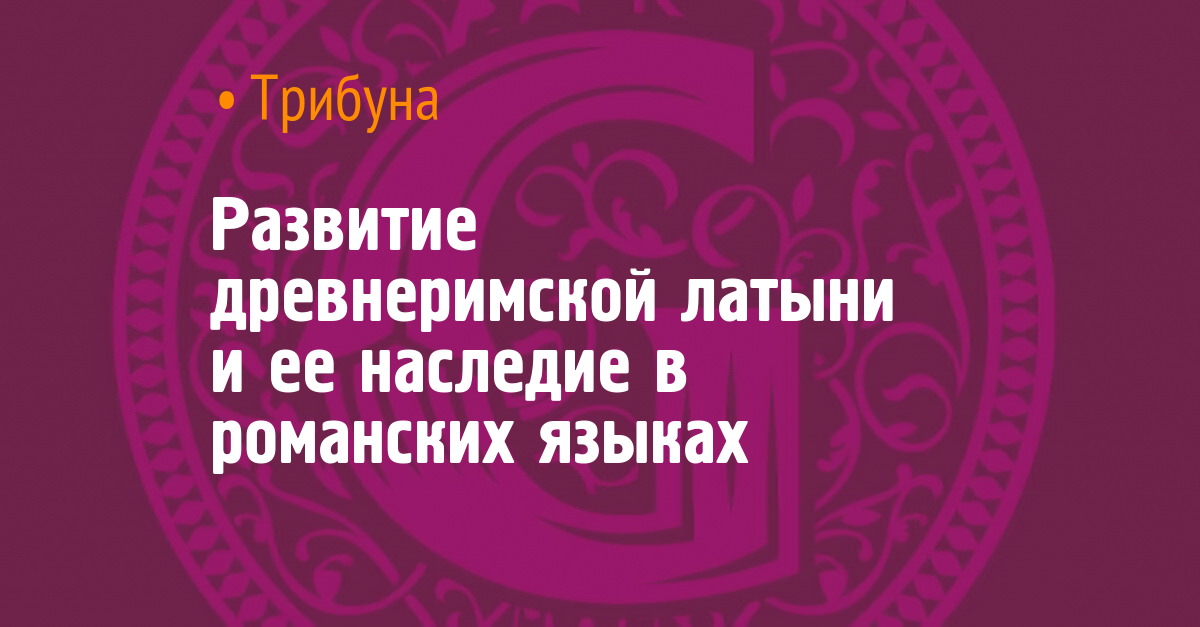
The Development of Ancient Roman Latin and Its Legacy in the Romance Languages
Latin, originally spoken in the small territory of ancient Latium in the central part of the Apennine Peninsula, eventually became the most important language of the Western Roman Empire and gave rise to the vast family of Romance languages, which today has about 900 million speakers worldwide.
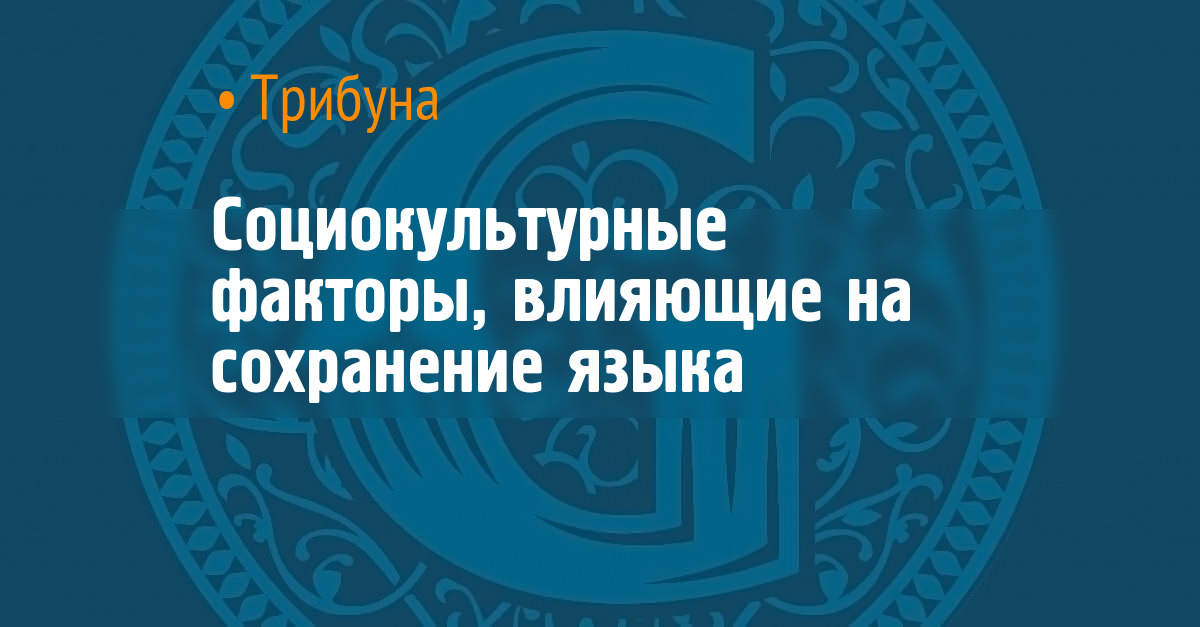
Sociocultural factors influencing language preservation
In modern linguistics, language maintenance describes the sustained use of a language by a community, where it is passed on to children, remains a means of communication in key areas of life, and is supported by institutionsIt is contrasted with language shift, where speakers gradually switch to another, more prestigious or convenient language, and the native language is supplanted.
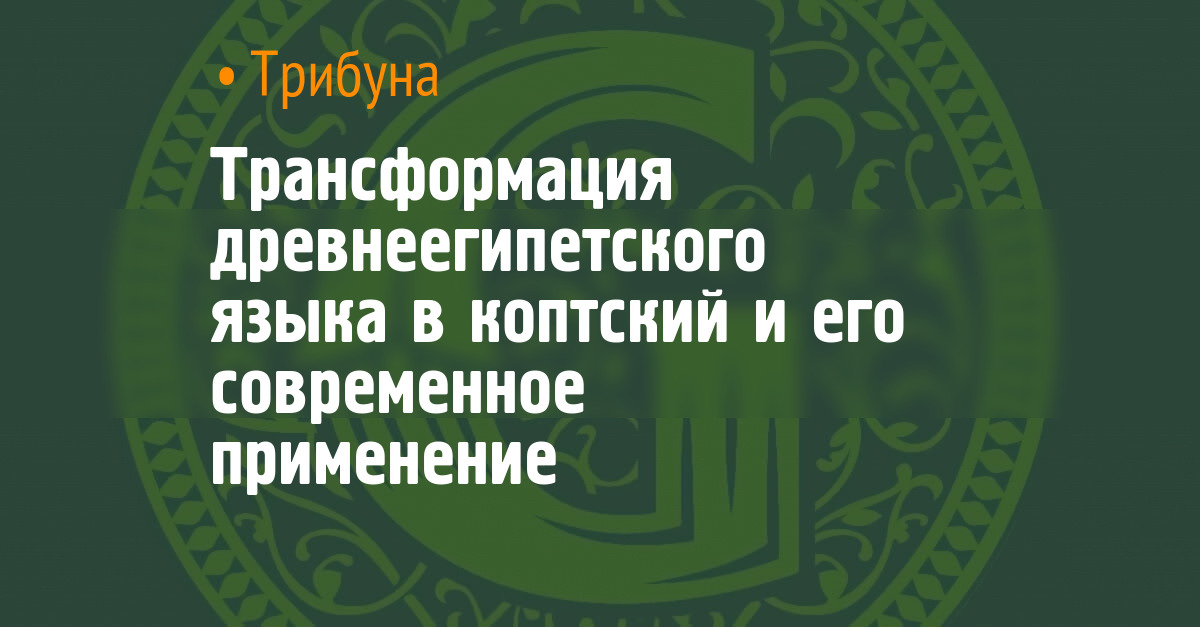
The Transformation of Ancient Egyptian into Coptic and Its Modern Application
The Egyptian language has undergone a long development path, spanning more than four thousand years of historical evolution. From 3000 BC to 1000 AD, the language of the ancient Egyptians underwent significant changes in graphic representation, grammar, and vocabulary.
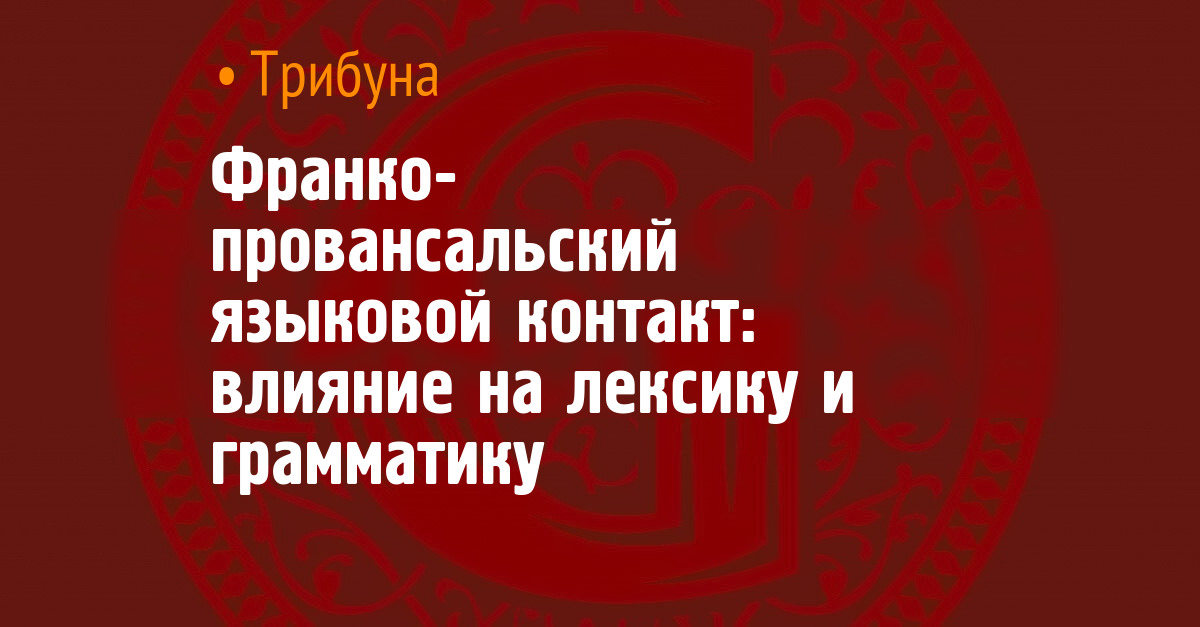
Franco-Provençal language contact: impact on vocabulary and grammar
Franco-Provençal, also known as Arpitan, occupies a unique position among the Romance languages. This linguistic system developed at the crossroads of cultures and languages in the Western Alps region, where France, Switzerland, and Italy now meet.
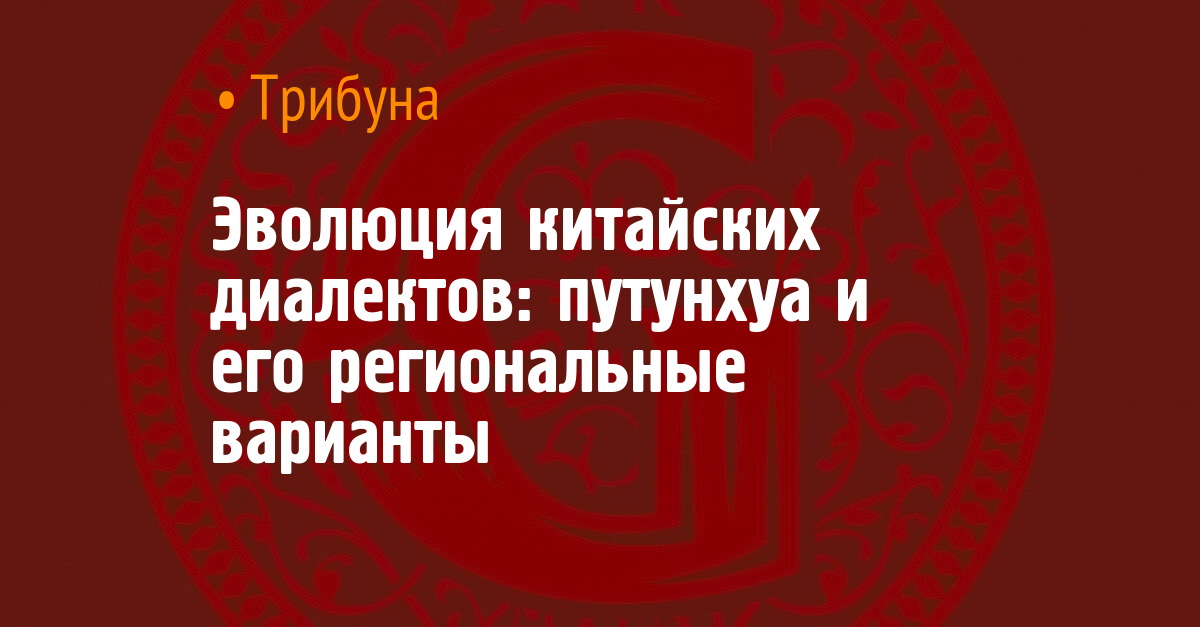
Evolution of Chinese Dialects: Putonghua and Its Regional Variants
Chinese is a group of languages that belong to the Sino-Tibetan language family and is spoken by approximately 1.39 billion people, or about 17% of the world’s population.
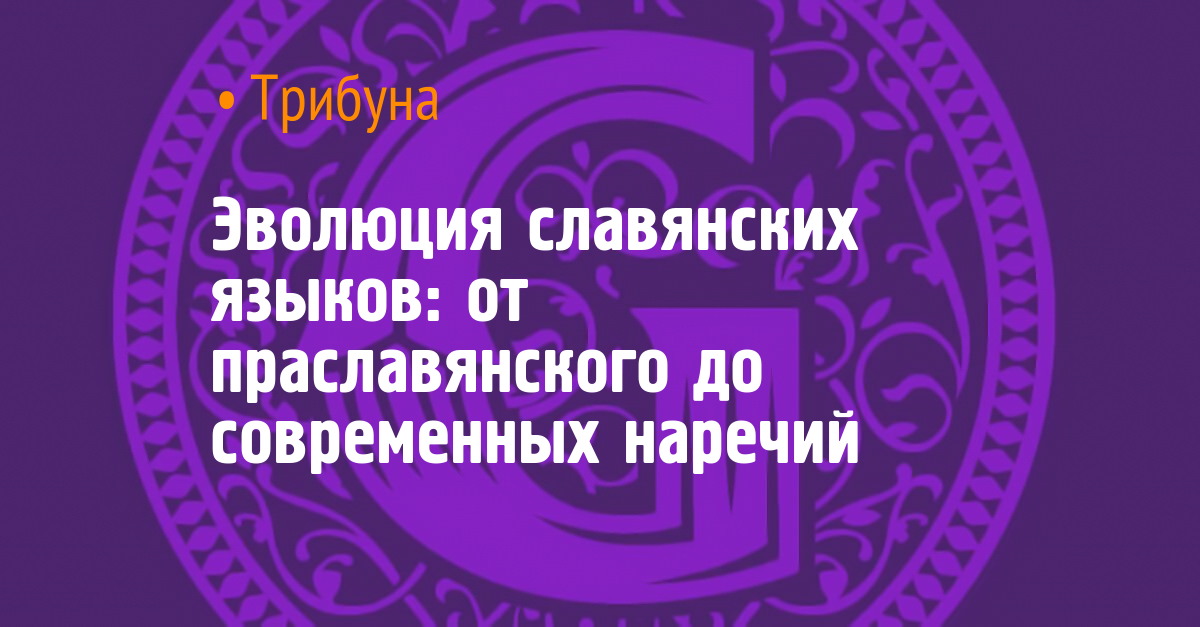
Evolution of Slavic languages: from Proto-Slavic to modern dialects
Imagine that you are in the distant past, somewhere in the vast expanses of Eastern Europe. People speak a language that sounds unfamiliar, but is still somehow understandable.
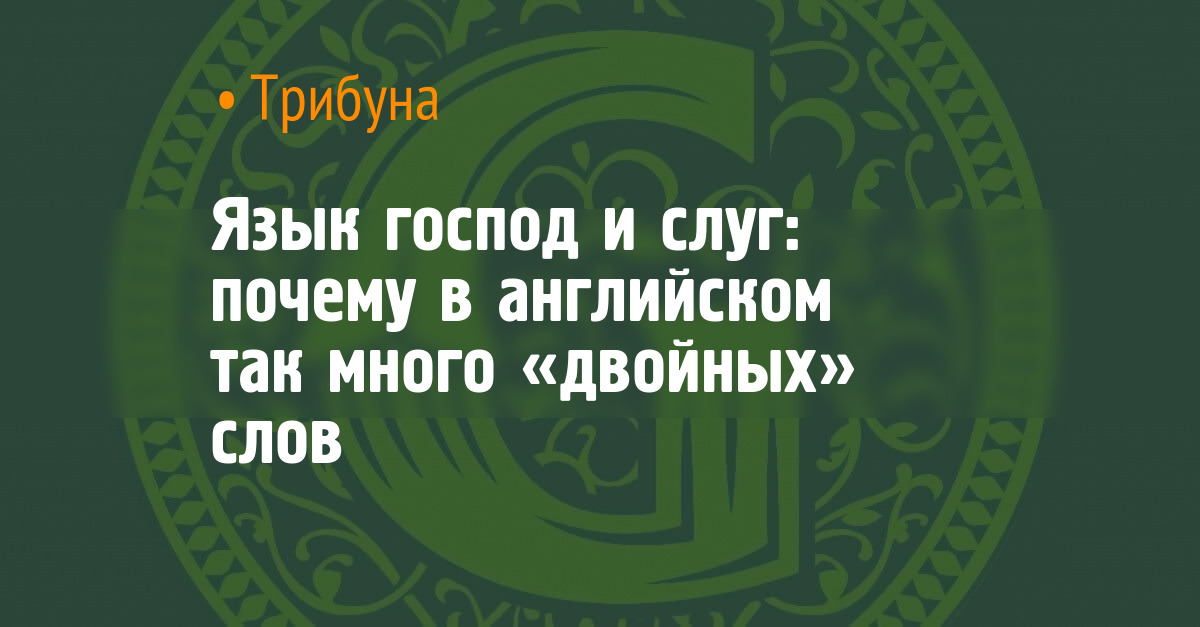
The Language of Masters and Servants: Why Are There So Many "Double" Words in English?
Have you ever noticed a strange duality in the English dictionary? An animal grazing in a meadow is called a, cow but its meat on your plate is a beef . We breed animals pigs , but we eat them pork . We herd them into a sheepfold sheep , but in a restaurant we order them mutton .